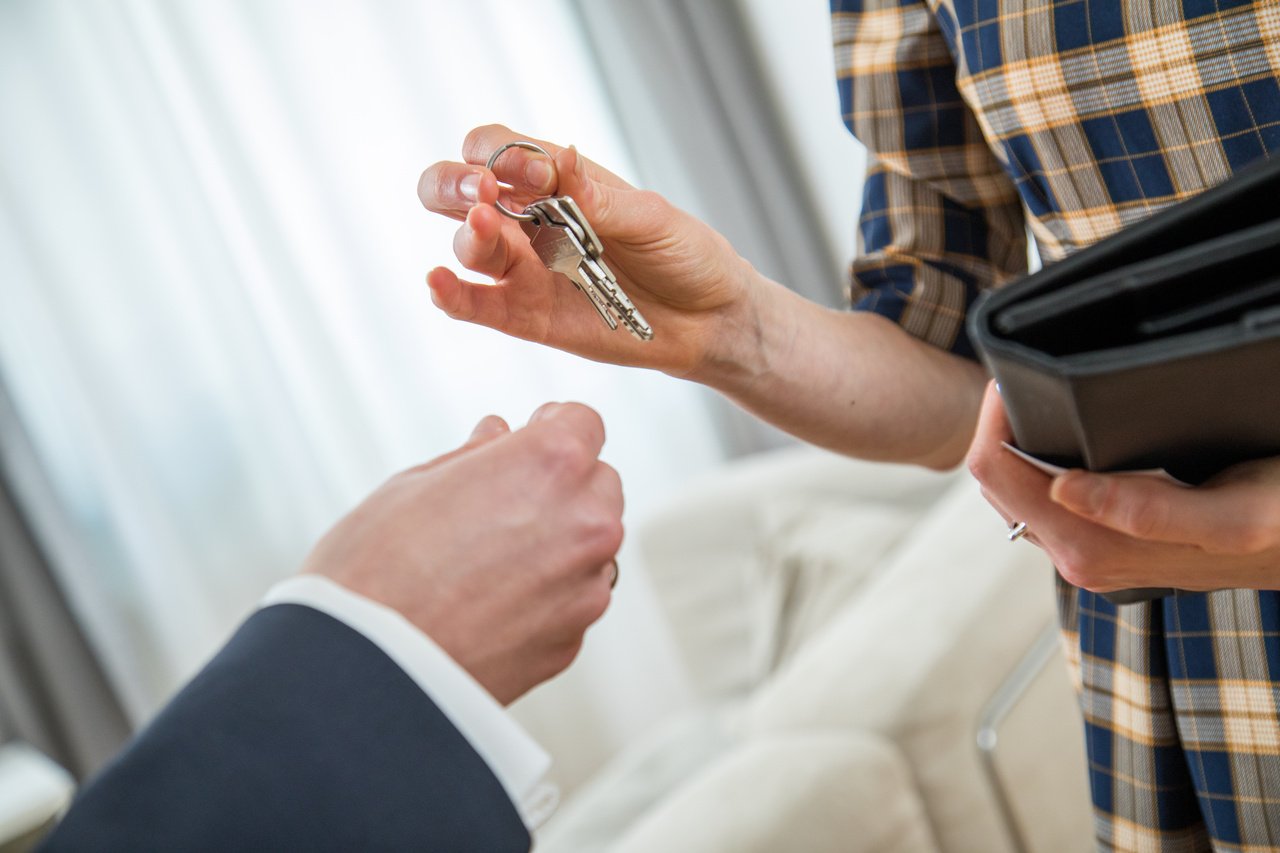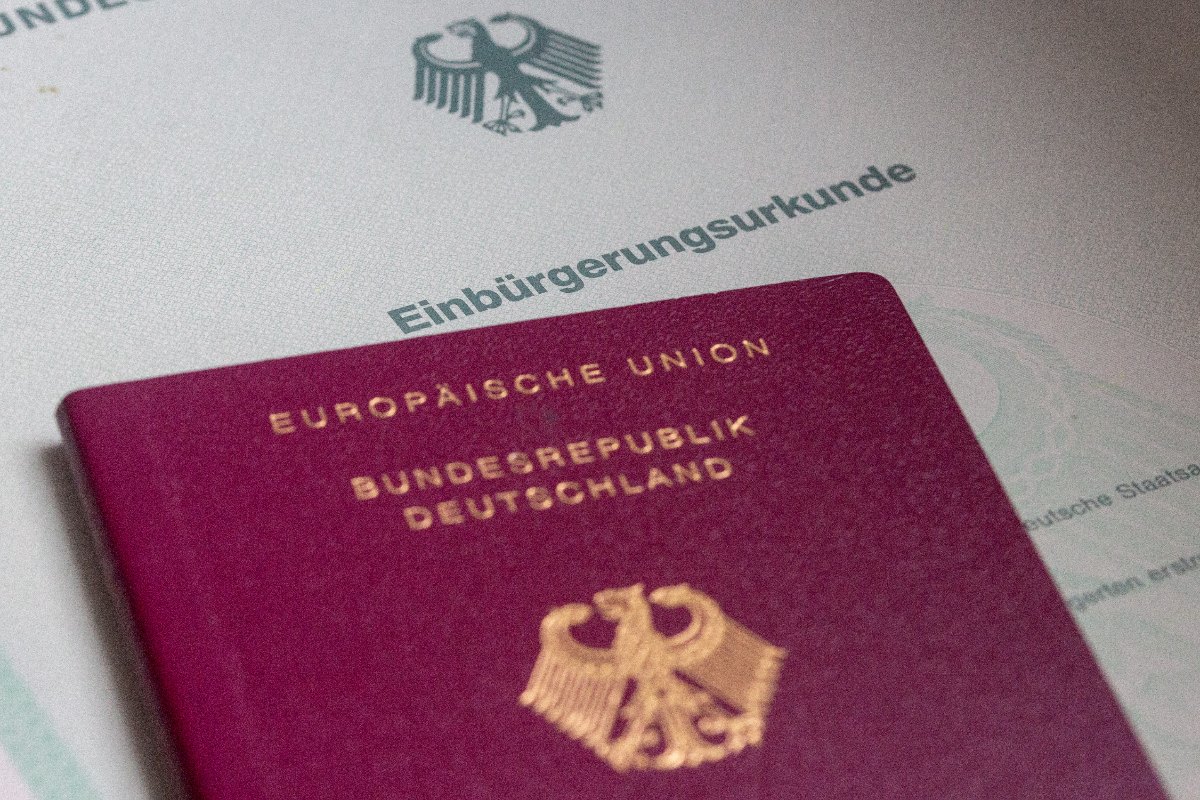When it comes to settling in Germany, one of the most stressful and difficult tasks you’re likely to face is finding a place to live.
With the country in the grip of an ever-worsening housing shortage, there aren’t enough rental properties to meet the high demand – especially in big cities like Berlin, Munich and Frankfurt – and the flats that are available can often stretch even the most healthy of budgets.
With renters desperate to find affordable homes, crafty scammers have seized the chance to place fake ads on the market, often in dream locations with lower-than-average rents.
While some of these scams may be easy to spot, others can be highly sophisticated, with fraudsters setting up professional-looking websites and even allowing hopeful tenants to view their properties in person.
Recently The Local reported on a Polish couple who lost around €7,000 through a rental scam in Berlin. The scammers had sublet a beautiful Altbau apartment in the popular district of Neukölln and created an advert for it via a fake letting agent website, then arranged for people to use a key box to view the property while the real tenants were away.
READ ALSO: How sophisticated scammers are targeting desperate Berlin tenants
Despite checking the contract over with legal experts from their local tenants’ association, nobody saw anything out of the ordinary – that is, until they tried to access the apartment and found a family already living there.
So, how do you protect your hard-earned savings and steer clear of scammers while looking for a new home?
Here are 10 important ways to protect yourself from rental scams.
1. Be alert to suspicious signs
The key to avoiding scammers in Germany is to be fully clued up on the warning signs. Was the listing for the property uploaded in the middle of the night, is the advert thin on details or written in bad German or English, and does the offer feel too good to be true?
Though it would be nice to believe there are still cheap flats to be found, finding an attractive property at an overly reasonable price is usually a red flag.

If someone claiming to be a landlord contacts you out of the blue, that’s also your cue to run a mile. With so many people looking for housing, most letting agents and landlords will have more than people looking to rent their properties without needing to get in touch with people themselves. Anyone who does is more than likely to be a scammer.
2. Rule out landlords who say they live abroad
One of the major warning signs to look out for is a landlord who claims to be renting the property from abroad, or who says they are out of the country for other reasons, like a last-minute business trip.
That’s usually a scammer’s way of excusing the fact that they won’t be able to meet you personally or even show you the property before you rent it.
“When the country the landlord lives in appears then I would say there’s a really big chance this is a scam,” said Kuba Rudzinski, one of the victims of the Berlin-Neukölln rental fraud.
Even if the excuse seems plausible, your best bet is to ignore anyone who tries to sell you a story about living abroad and simply move on with your house hunt.
READ ALSO: Why Germany’s housing crisis is expected to drag on
3. Do your research online
Before committing to anything, take time to do some thorough research to scope out the property, landlord and letting agent.
Running the pictures and text used in apartment listings through a search engine like Google will help you quickly identify stock photos and text stolen from other listings. For pictures, this is known as a reverse image search.

It’s also worth checking that any websites you’re sent to are fully functional and not copies of other letting agent sites, and that any email addresses match the website domain.
READ ALSO: How much deposit do I have to pay when renting in Germany?
4. Visit the property and ask around
Never agree to rent a property without seeing it in person first. Arrange a viewing and take the opportunity to ask questions about the property and the neighbourhood.
Kuba also recommends speaking with the neighbours in the building to check if the property is genuinely being rented.
“Go to the place before and ask the neighbours, is this flat really for rent? Because these people generally know,” he said. “You’ll need to convince yourself to do it of course, but just ask in the building, ask on the floor where the flat is.”
5. Don’t transfer the full deposit in advance
Advance payments for anything, whether it’s furniture, a deposit or getting a chance to view the property, should be considered a major red flag.
Under German law, you are usually only expected to pay the deposit by the start of the agreed rental contract – and certainly not several months in advance.

You are also legally entitled to pay your three months’ deposit in three instalments on top of your first three months’ rent after moving in, so definitely be cautious of landlords that place pressure on you to transfer a large lump sum.
If you’re really concerned, look into alternatives for paying your deposit, such as Kautionversicherung (deposit insurance) or a Mietkautionssparbuch, where you open a bank account and pledge the amount to the landlord, rather than transferring the money directly.
6. Insist on meeting the landlord or letting agent in person
If a landlord or letting agent refuses to meet you in person or insists on conducting all communication online, they’re probably not who they say they are.
Insist on meeting face-to-face to verify their identity and ensure they have a legitimate connection to the property.
7. Avoid sending documents straight away
Not all rental scams are about getting money from you directly: many scammers are simply after your personal details for the purposes of identity theft.
Be wary of providing personal documents or sensitive information before you’ve verified the legitimacy of the rental agreement, especially when it comes to things like passport scans or other forms of ID.
READ ALSO: Five common rental scams in Germany and how to avoid them
8. Seek legal advice from experts
If you’re unsure about any aspect of the rental agreement or if something seems suspicious, seek advice from legal experts or tenants’ associations.
However, be aware that this isn’t always a cast-iron guarantee that a tenancy is legitmate. Over the past few years, fraudsters have become increasingly sophisticated, even down to producing water-tight rental contracts for would-be tenants.

According to civil lawyer Emilia Tintelnot, becoming a member of a tenants’ association can be a good way to get affordable legal advice, and it can also be helpful to set up legal insurance to ensure you can access help when you need it without having to pay lawyers’ fees up front.
9. Be wary of stereotypes
Avoid making assumptions based on stereotypes or preconceived notions about someone’s gender or nationality, as this may cause you to overlook things you might otherwise see as warning signs.
In Kuba’s case, the fact that the fraudsters were German made them appear more legitimate in his eyes, as Polish people tend to see Germans as law-abiding and trustworthy.
Be aware that scammers can come from any cultural background and may use a variety of tactics to deceive unsuspecting renters.
10. Keep an extensive paper trail
Document all communication, agreements, and transactions related to the rental process, including phone numbers and any bank details provided.
According to the Berlin police, this type of evidence can be crucial for an investigation if you do suspect a scammer.
While evidence can differ across cases, “pictures, contact details used by the perpetrators, original documents, bank details with payment receipts” are particularly helpful for investigators, and could help the police stop the scammers for good.





 Please whitelist us to continue reading.
Please whitelist us to continue reading.
Member comments